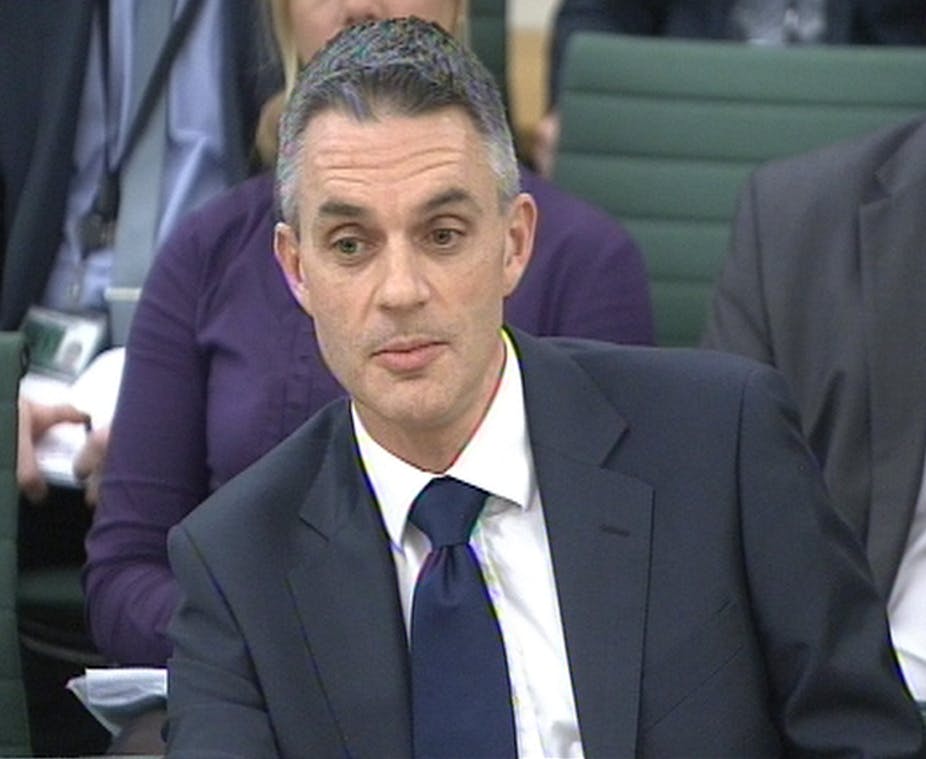The appointment of Tim Davie to succeed Tony Hall as the new director general of the BBC comes as no surprise. As one of the BBC’s most senior figures, Davie – most recently the chief executive of BBC Studios – is tried and tested, bringing commercial savvy at a time of increasing global competition.
There will be disappointment that the BBC board did not use the opportunity to appoint the first woman to the role, and the new DG will need to continue to address concerns about gender equality when it comes to pay, leadership and talent. This is one of many challenges in his in-box.
Perhaps the most difficult of these is political. As an institution, the BBC has traditionally enjoyed support from across the political spectrum. But there is a faction on the right of the Conservative Party for whom the very idea of public service broadcasting is anathema. Many of them are now in government. The circle around Prime Minister Boris Johnson wasted no time in sharpening their knives after winning the last election, putting the BBC on notice that tough times lay ahead.
They are backed by a vociferous group of newspaper titles, who share many of the current government’s antipathy to the BBC. Their talons are sharpened by straightforward financial self-interest – the weaker the BBC, the greater their potential market.
These powerful voices have been quietened during the coronavirus outbreak. Like other media organisations, lockdown restrictions have hit the BBC hard. But, from the early days of the crisis, we’ve seen the importance of having a trusted, public service broadcaster at the heart of British life. The BBC has responded to the crisis in ways that global providers such as Netflix or Amazon never could, producing lockdown versions of everything from Have I Got News For You to the Archers.
Still a trusted brand
While not quite in the same league as the NHS, it is undoubtedly one of the British institutions to enhance its reputation during the crisis. This has dampened attacks for a while. But make no mistake, its enemies are both highly motivated and ruthless. Whether death by a thousand cuts (like decriminalising non-payment of the licence fee and the vexed question of free TV licences for the over-75s) or one savage blow, they are on a mission to get the BBC.
The new DG will have two choices: to capitulate to those who would like to replace it with a UK version of Fox News, or to fight back. Many of us are often dismayed with how weakly the BBC has often responded to its critics on the right, airing their grievances – no matter how flimsy the evidence – and treating highly partisan voices with more respect than their scant interest in fairness and truth deserves.
But the BBC feels much stronger than it did just six months ago. Polls consistently show that the BBC is more trusted than its rival news organisations and this should embolden the new DG – the fact is that the public broadcaster has more credibility than those who would seek to destroy it.
All of which raises a related challenge: how to maintain a commitment to high-quality, impartial journalism that holds the powerful to account in such a hostile political environment? Davie’s guide here should be to stick with the evidence. As someone who has conducted many impartiality reviews of BBC coverage, I know how flimsy the accusations of leftist bias of the BBC really are. Those on the left have, in recent years, had far more genuine case for complaint.
Read more: BBC caught in the crossfire: why the UK's public broadcaster is becoming a big election story
Either way, the BBC should treat accusations of bias purely on their merits, regardless of who or where they come from. But to do so with credibility it will need to commission independent research on its news output (internal investigations won’t cut it) and take any findings seriously.
One broadcaster, four nations
Which leads me to a third challenge. We live in a devolved United Kingdom, a reality brought home by the way in which the four devolved governments have responded differently to the coronavirus. Different health systems, different rules, different messages. A survey conducted by a team from Cardiff University led by my colleague Stephen Cushion found that half the respondents were unaware of this – assuming incorrectly that the Westminster government’s announcements applied across Britain.
This is not good enough. It stems from an England-centric news media focusing too often on Westminster and too rarely reminding people there are different governments, rules and systems in Scotland, Wales and Northern Ireland. After a series of BBC Trust reviews on this topic, the BBC’s record on this is better than most.

But there are frequent lapses when it forgets that it is broadcasting to four nations and defaults to Westminster. The BBC in the other three nations have had to work hard to counter this. The UK’s public broadcaster needs to show, with far greater clarity, that it spans four nations.
With commitment, this could be done fairly easily. A more difficult challenge is for the BBC to continue to engage audiences in the social media age. The BBC may be by far the most influential news provider in the UK, but most young adult audiences have abandoned it. To survive, traditional forms of news need a radical rethink. This is not about giving up on a commitment to informing the public, but embracing what that commitment really means. An exciting news storytelling project by journalist Shirish Kulkarni suggests shows how this can be done in ways that make news both more engaging and more informative.
These are just a few of the challenges that await Davie. It won’t be an easy ride, but the stakes are high, and BBC needs a leader who can truly demonstrate the value of public service broadcasting in the 21st century.

